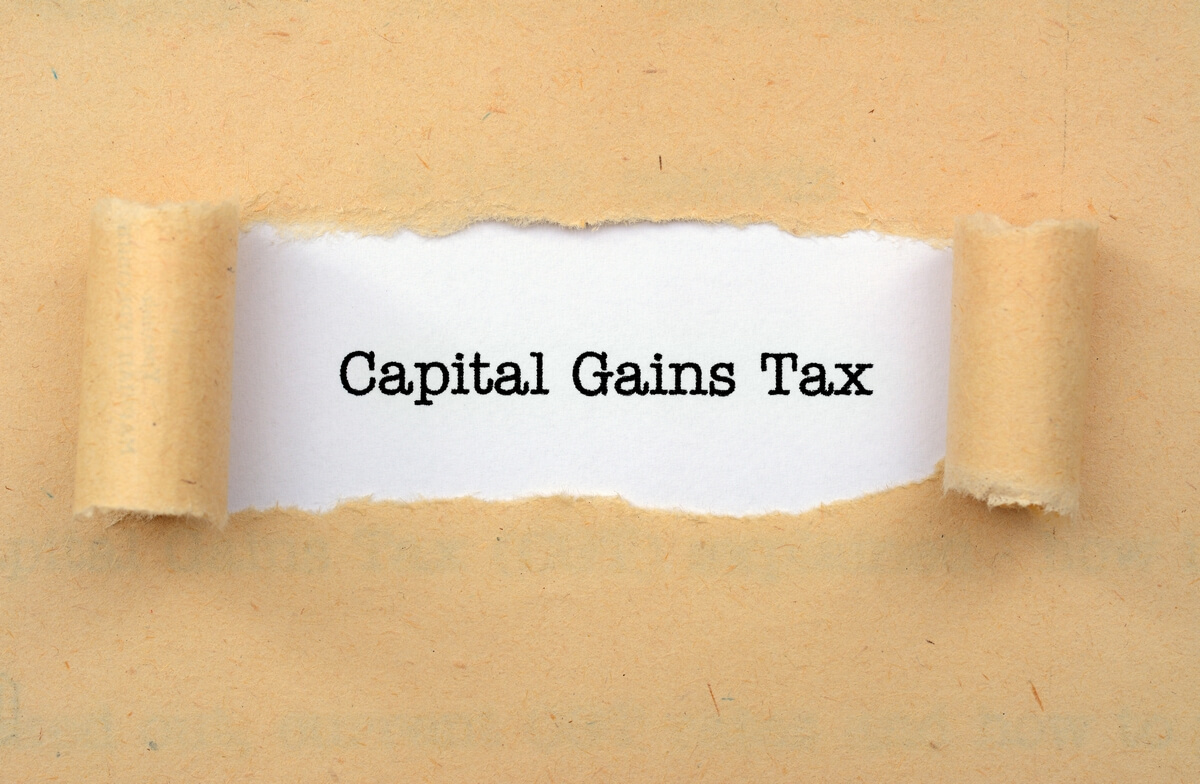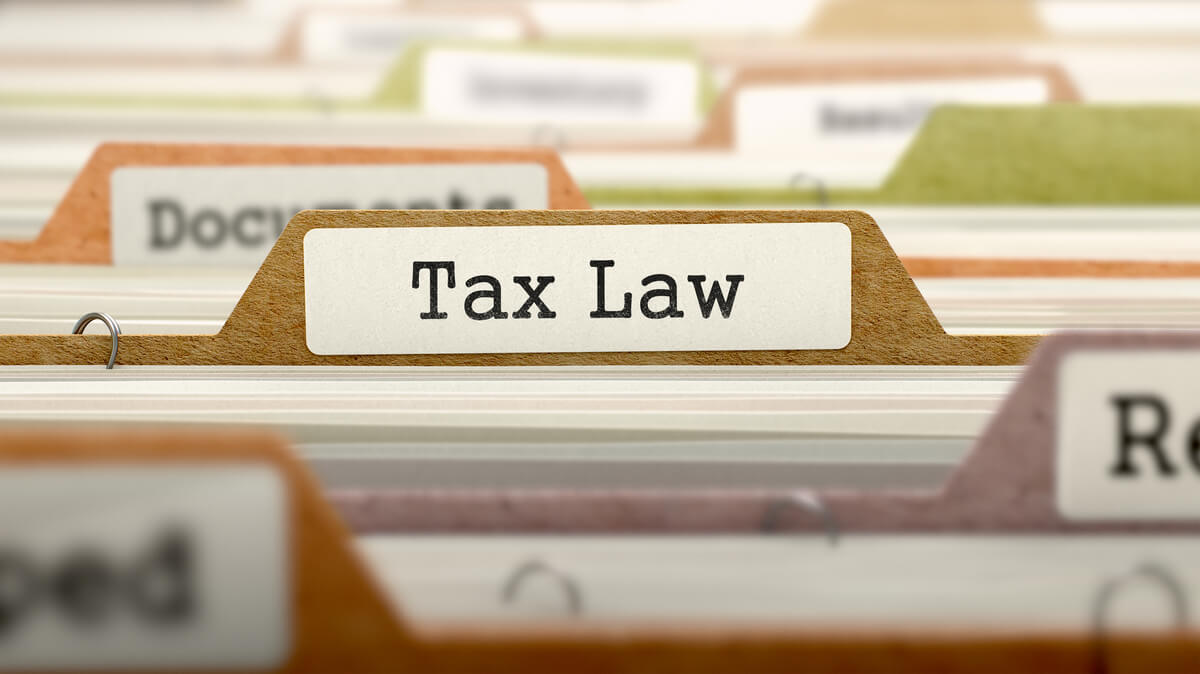Your home is probably the biggest purchase you’ve ever made. If you purchased in the Seattle area it has almost certainly increased in value since you bought it. Selling your home for a tidy profit feels great, especially if you’ve put work into maintaining or improving the property. Sometimes, though, home sales are subject to capital gains tax. If you’re planning on selling your home soon, you should understand what capital gains tax is, who is and isn’t exempted from the tax, and what the current rates are. I am not a tax expert and your should consult with one if you need further help with this topic. We know several great CPAs and would be happy to provide a referral if needed. Here are the basics of capital gains for real estate.

What Is Capital Gains Tax?
Capital gains tax is tax you owe when you sell an asset that appreciated in value while you owned it. The amount that you profited from the sale is subject to tax, but there are many specific laws and regulations about exactly how the proceeds are taxed. When it comes to home sales, certain exemptions allow many homeowners to avoid capital gains tax, but there are some situations in which the sellers have to pay a percentage of their proceeds to the government.

Capital Gains Tax for Homes
Most homeowners are exempt from capital gains tax due to the Taxpayer Relief Act of 1997. For single homeowners selling their primary residence, the first $250,000 of profits are exempt from the tax. For married homeowners, the first $500,000 are exempt.
In order for this exemption to apply to you, though, you must have lived in the home for at least two of the last five years. However, the two years do not have to be consecutive. For example, you could buy a home and live in it for one year, move out and rent it to tenants for three years, and then move back in for another year to qualify for the tax exemption.
You can calculate your capital gains by using your cost basis, which is the amount you bought the home for as well as any capital improvements you made. Capital improvements include any money you invested into the home for renovations, upgrades, or additions.
For example, if you bought your home for $300,000, the price of the home is the original cost basis. Then, if you spend $50,000 on renovations, your new cost basis is $350,000. To determine the capital gains, calculate the difference between the cost basis and the sale price of the home. If you sell the house for $500,000, your capital gains total $150,000. As long as you’ve lived in the home for two years, you would not have to pay capital gains tax because $150,000 is within the exempted amount for a primary residence.

Short-term and Long-term Capital Gains Tax
There are two main types of capital gains taxes: short-term and long-term. Both have their own tax rates and brackets, so it’s important to understand the difference.
If you sell a home that you bought less than a year ago, you’ll pay a short-term capital gains tax. Short-term gains are treated like regular income, so you’ll add the profits to your adjusted gross income and use the federal income tax brackets for the year to determine your rate.
This is a key consideration for people who buy a house with the intention of flipping it. If you sell the property within a year, your profits may be significantly cut down by taxes. The proceeds will be taxed as additional income, so depending on how much you make from your regular job, you might pay upwards of 20 percent on your capital gains.
Long-term capital gains tax tends to be more forgiving. If you’ve been living in your home for at least two of the last five years, you’ll get the exemption of $250,000 if you’re single or $500,000 if you’re married. If you don’t meet the qualifications for the exemption or the proceeds exceed the exempted amount, you will pay long-term capital gains tax.
Your tax rates depend on your filing status and your income from the previous year. For the 2021 tax year, single filers with an income of $40,400 or less will pay 0 percent for capital gains taxes. Single filers who make $40,001 to $445,850 will pay 15 percent in capital gains tax for a home sale, and those who make more than $445,850 will pay a 20 percent tax.
For married couples filing jointly, the tax rate is 0 percent if the income is $80,800 or less. If you have an income of $80,801 to $501,600, your tax rate will be 15 percent. If you make more than $501,600, you’ll pay 20 percent in capital gains tax.

How to Reduce or Avoid Capital Gains Tax
Fortunately, the average homeowner does not have to worry about capital gains taxes. Most people don’t sell their home until they’ve lived in it for several years, and it’s uncommon to make more than $250,000 on the sale.
However, if you do find yourself facing capital gains tax for your home sale, you have some options for reducing your tax bill. The best way to reduce your tax rate is to add everything you possibly can to the cost basis of your home. Any money that you spent on improving or renovating the property can be included in the cost basis. Increasing the cost basis reduces your profits from the sale and therefore decreases your capital gains. If you have any capital losses, you can also claim them to offset some of the gains from the sale of your home.
If you’re selling a second home, you might be especially concerned about capital gains tax since it’s not your primary residence. Second homes are not eligible for the $250,000 or $500,000 exemption. In this situation, one option is to convert the home into your primary residence for two years before you sell it. This only works if you’re planning far in advance for the sale, though. There are some specific restrictions for this, too, so you should consult with a financial advisor before you attempt this strategy.
Capital gains tax can cut into your profits from selling a home, but in most cases, homeowners don’t need to worry about it. Anyone who might be facing capital gains tax after selling their house should be informed on the current tax rates, deductions, exemptions, and other regulations. The federal tax code is complicated, but understanding your obligations for capital gains tax will help you navigate the process successfully.

